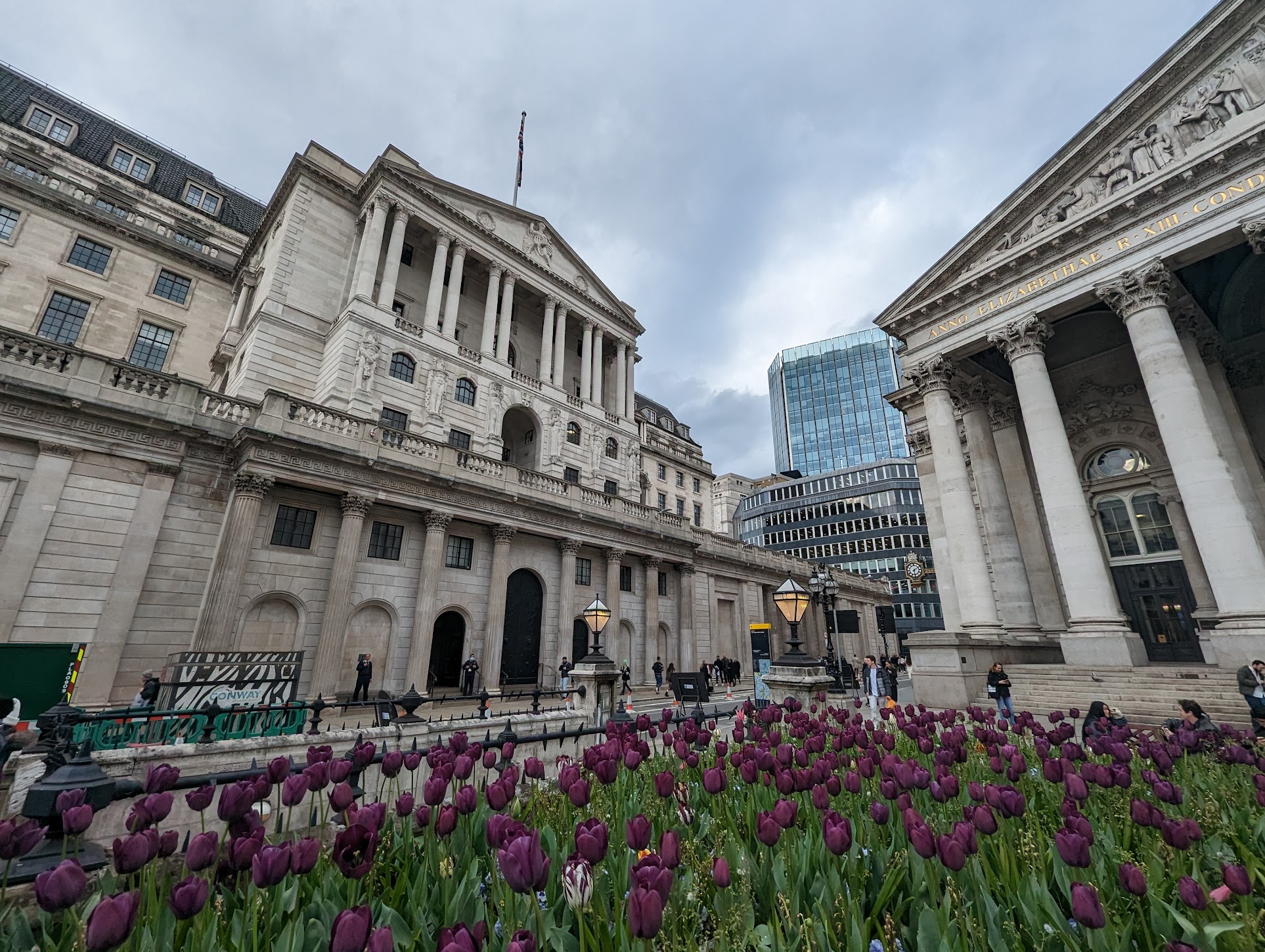BoE keeps interest rates frozen after November inflation ticks up

(Credit: George Iordanov-Nalbantov)
The Bank of England’s (BoE) Monetary Policy Committee (MPC) has voted to hold interest rates at 4.75%, following a slight uptick in inflation in November.
The decision aligns with economists’ predictions, as November’s inflation figures rose to 2.6%, up from 2.3% in October.
While three out of nine MPC members favoured a 0.25% reduction, the majority opted for a hold. This follows two previous rate cuts in 2024, including one in November.
Explaining its decision, the committee noted that “12-month CPI inflation has increased to 2.6% in November from 1.7% in September”, saying that it is “slightly higher than previous expectations, owing in large part to stronger inflation in core goods and food”.
The BoE also downgraded its economic forecasts for the UK. The committee said: “Most indicators of UK near-term activity have declined. Bank staff expect GDP growth to have been weaker at the end of the year than projected in the November Monetary Policy Report.”
The bank’s next MPC interest rate meeting will is scheduled for 6 February 2025.
Kevin Brown, savings specialist at Scottish Friendly, said: “The inflation Grinch had a definite hand in stealing the early Christmas present of a rate reduction.
“Yesterday’s concerning inflation data, which showed core inflation ticking back up, made the decision to hold the base rate at 4.75% a foregone conclusion. It was, however, no less disappointing for households with a mortgage or other debt.
“With the Monetary Policy Committee (MPC) not meeting again until the 6 February, January will likely feel even longer than it usually does. And if core inflation remains stubbornly high, February may not yield much relief on rates either. The inflation Grinch threatens to steal more than just Christmas.
“Households will need to find a way to navigate this testing terrain. A buffer of savings can provide some protection against slower wage growth and rising costs. What is vitally important is finding the best option to help your savings keep pace with inflation.”








